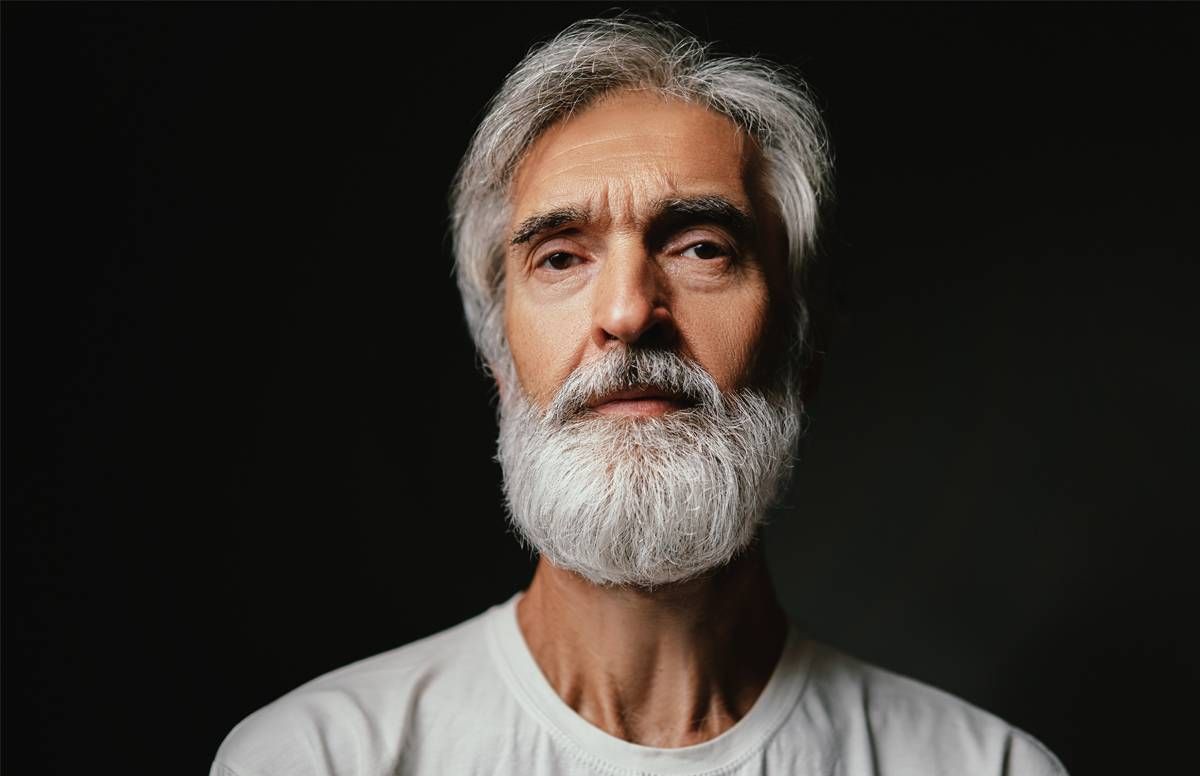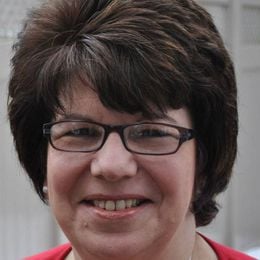Are Older Lives Less Worthy in a Pandemic?
How this crisis spotlights longstanding, dangerous ageism in our country
(This piece was originally published by the Association of Health Care Journalists and is being republished with permission.)

You may have heard the comments from Texas Lt. Gov. Dan Patrick last week, when he said that older adults should be willing to die to help the economy. Fox personality Glenn Beck made similar statements, urging older people — basically anyone over 50 — to return to work even if it meant they might get sick and die. He included himself in this group.
Outrageous? Of course. But it’s also a sign of the ageism that’s still pervasive in the U.S.
“Let’s be clear: Prioritizing the economy over the ill, the old and the disabled is a form of #eugenics,” tweeted journalist and anti-ageism author and speaker Ashton Applewhite, one of Next Avenue's 2016 Influencers in Aging.
"There is no moral argument that can justify sacrificing any group, the older adults, the disabled or newborns, for the economy."
It’s true that older people often have one or more underlying medical conditions that make them more susceptible to the virus. But, it is also true that younger people with underlying conditions have also died from COVID-19.
“There are people who have always valued the economy over human lives, particularly certain sorts of human lives. So, for them, it’s not as much of a leap as it would be for those of us who would always value human lives,” said Dr. Louise Aronson, a geriatrician, professor of medicine at the University of California San Francisco and a Next Avenue Influencer in Aging, in a phone interview. “They would counter that without a good economy, you’re doing human lives wrong. To which I would say, I believe they have skipped hundreds of intermediary steps in what is necessary for both the economy and humanity.”
Jumping to Draconian Ideas
According to Aronson, going to worst case, draconian ideas right off the bat shows a failure of creativity and compassion, as well as the basic spirit of innovation, which they claim to champion in their economic principles.
She recently penned this op-ed in The New York Times, asking “why are we OK with old people dying?” In it, she noted that “when we accept the second-class citizenship of an entire category of human being, we set a precedent for treating others with the same disregard.”
Our Commitment to Covering the Coronavirus
We are committed to reliable reporting on the risks of the coronavirus and steps you can take to benefit you, your loved ones and others in your community. Read Next Avenue's Coronavirus Coverage.
There is no moral argument that can justify sacrificing any group — the older adults, the disabled or newborns — for the economy, according to Arthur Caplan, professor of medical ethics at New York University Langone Medical Center. “It’s shameful that it’s coming from groups that were screaming about death panels just four years ago as a criticism of Obamacare; utterly hypocritical and shameful.”
Yet, doctors in Italy have faced this moral dilemma for weeks now — do they give scarce resources like ventilators to the sickest patients, or to the ones with better chances of survival, who are usually younger? As The Daily Beast reported about this conundrum, “Age is not the only factor, but roughly speaking the older you are, the lower you are on the priority list.”
Given the shortage of ventilators in hard-hit areas of the U.S., doctors here may be next.
That’s just one of many reasons these comments, as well as some coming from President Trump, are so troubling to Aronson. “I think our moral job as human beings is to try not to end up in that situation, to do everything humanly possible. Because once you can kill off one segment of the population, you can kill off any of the others,” she said.
Even if a decision was somehow made to withhold care to older adults or to sacrifice them as a risk to get everything going economically, it wouldn’t work, according to Caplan.
Most of the world, including our trading partners, is still shut down. The economy would be sputtering because families would fall apart, funeral homes would become overwhelmed and many people would still be fearful to come out.
"Hang in there, be tough on the isolation. Think as a community, not just as an individual, because the more you try to protect each other, the faster this thing will be over."
Aronson said this is a good time to talk with your family — spouses, parents and adult children — about advance care directives. “A lot of people would choose not to have that ventilator. But we’re never going to know that if we don’t talk to people about that," she said.
She pointed out that people don’t have to die gasping for air. There are well-known, evidence-based ways of medically supporting people through a medical crisis and ways to ensure comfort care if they don’t recover.
Are We the Next Italy?
Italian doctors are now following guidelines from the Italian College of Anesthesia, Analgesia, Resuscitation and Intensive Care to help them prioritize who lives and who dies. Co-morbidities or underlying health conditions are factors that also now apply to non-COVID-19 patients who may need intensive care, according to this Atlantic story. It’s heartbreaking on so many levels.
“Some ER (emergency room) doctors are trained for disaster preparedness, and understand triage,” said Caplan. “ICU (intensive care unit) docs and nurses, on the other hand, are much less prepared for this. So, I imagine we’ll be dealing with PTSD (post-traumatic stress disorder) for many, many years.”
But it may be too late already, as this must-read New York Times story about one of New York City’s public hospitals, describes.
Caplan predicted that we will soon be where Italy is now about making these choices, at least in New York, and perhaps in Los Angeles. “Then, what happens is it ripples out to other parts of the country that stupidly did not start serious isolation and quarantine,” he said.
His advice for families whocan’t see older loved ones right now? “Hang in there, be tough on the isolation. Think as a community, not just as an individual, because the more you try to protect each other, the faster this thing will be over.”
Aronson may have summed up the quandary of age versus resources best in her op-ed: “When we look at people as nothing more than amalgams of age and diagnosis, we miss their humanity.”


